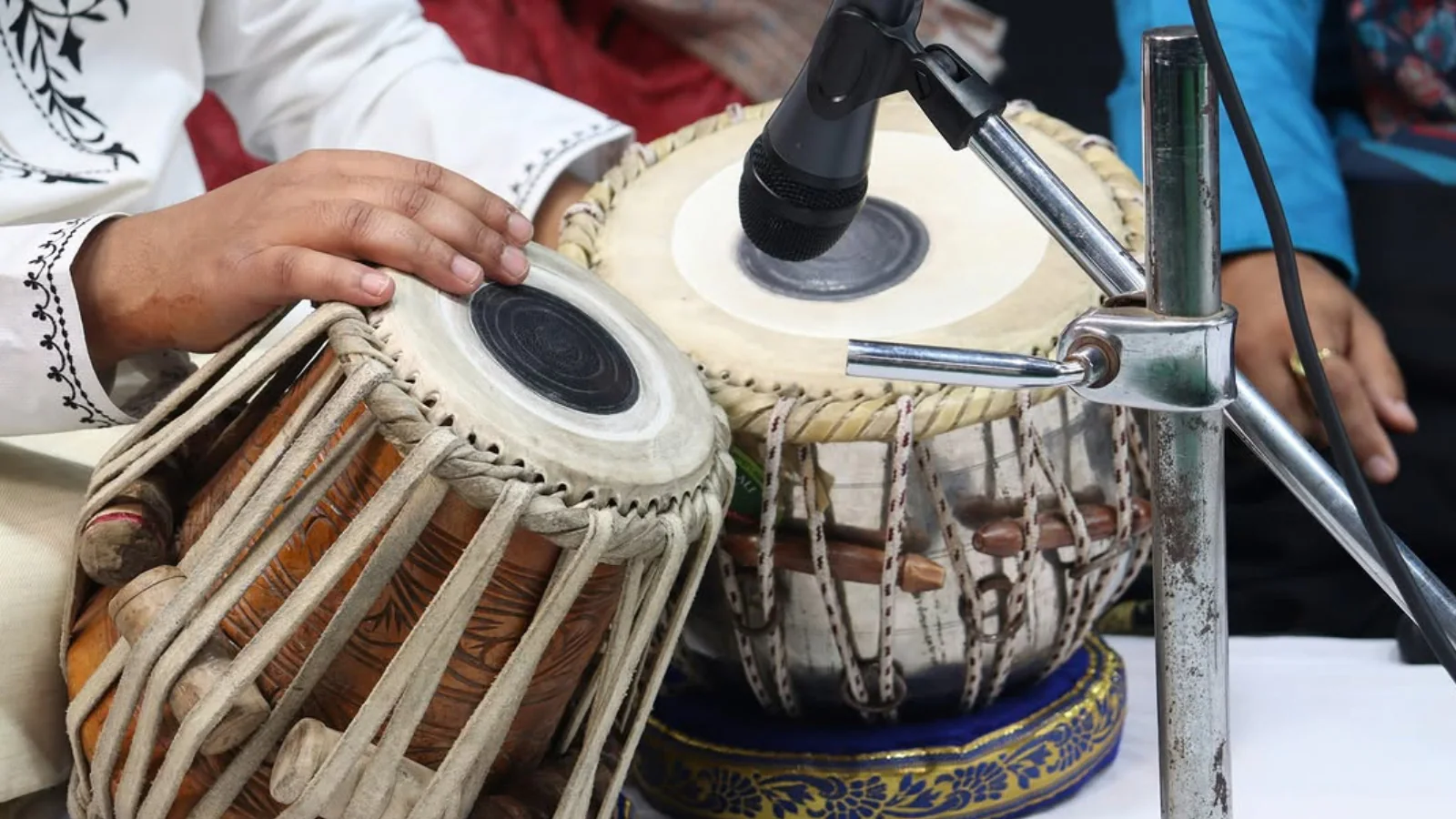Copyright news18

He was one of the most gifted music composers Indian cinema ever had. Despite creating songs that continue to echo through generations, his own life was filled with hardships and heartbreaking struggles. Before his music became immortal, he lived in near anonymity, often struggling for food or medicines. Ironically, his songs still find space in playlists but he passed away long before he could see their glory. We are talking about the genius behind Pakeezah and Mirza Ghalib, Ghulam Mohammed, one of the most talented yet underappreciated composers in post-Independence India. Born in 1905 in Naal village, Bikaner, Ghulam came from a musical family. His father, Nabi Baksh, was a noted tabla player who trained him in traditional instruments. He would often travel while playing music and such was his talent that a minister once gifted him a golden sword out of sheer admiration. In 1924, driven by dreams and melodies, he moved to Bombay. It wasn’t easy as it took him eight long years to find his first job as a tabla player in films, earning Rs 100 a month. His early break came with Raja Bharthari (1932) and he spent assisting the legendary music director Naushad for over 12 years. His independent debut as a music composer came with Tiger Queen in 1947, followed by Pardes, Ajeeb Ladki (1952), Amber (1952) and Dil-E-Nadaan (1953). Recognition finally arrived with Mirza Ghalib (1954) which earned him the National Award for Best Music Direction. The film was even screened at Rashtrapati Bhavan and even India’s first Prime Minister, Jawaharlal Nehru, praised the music. Despite national acclaim, work offers slowed down and Ghulam was nearly forgotten. Then came a lifeline as filmmaker Kamal Amrohi approached him for Pakeezah in 1962. Ghulam composed dozens of songs, so many that three had to be dropped from the film. Tragically, Pakeezah’s release was delayed for years. By the time it finally came out in 1972, Ghulam Mohammed had already passed away, his health having deteriorated during the period. After his death, Naushad, his mentor and friend, completed the background score of the film. When Pakeezah was released, it became a musical masterpiece with songs like Inhin Logon Ne, Chalte Chalte, Mausam Hai Aashiqana and Teer-E-Nazar.



